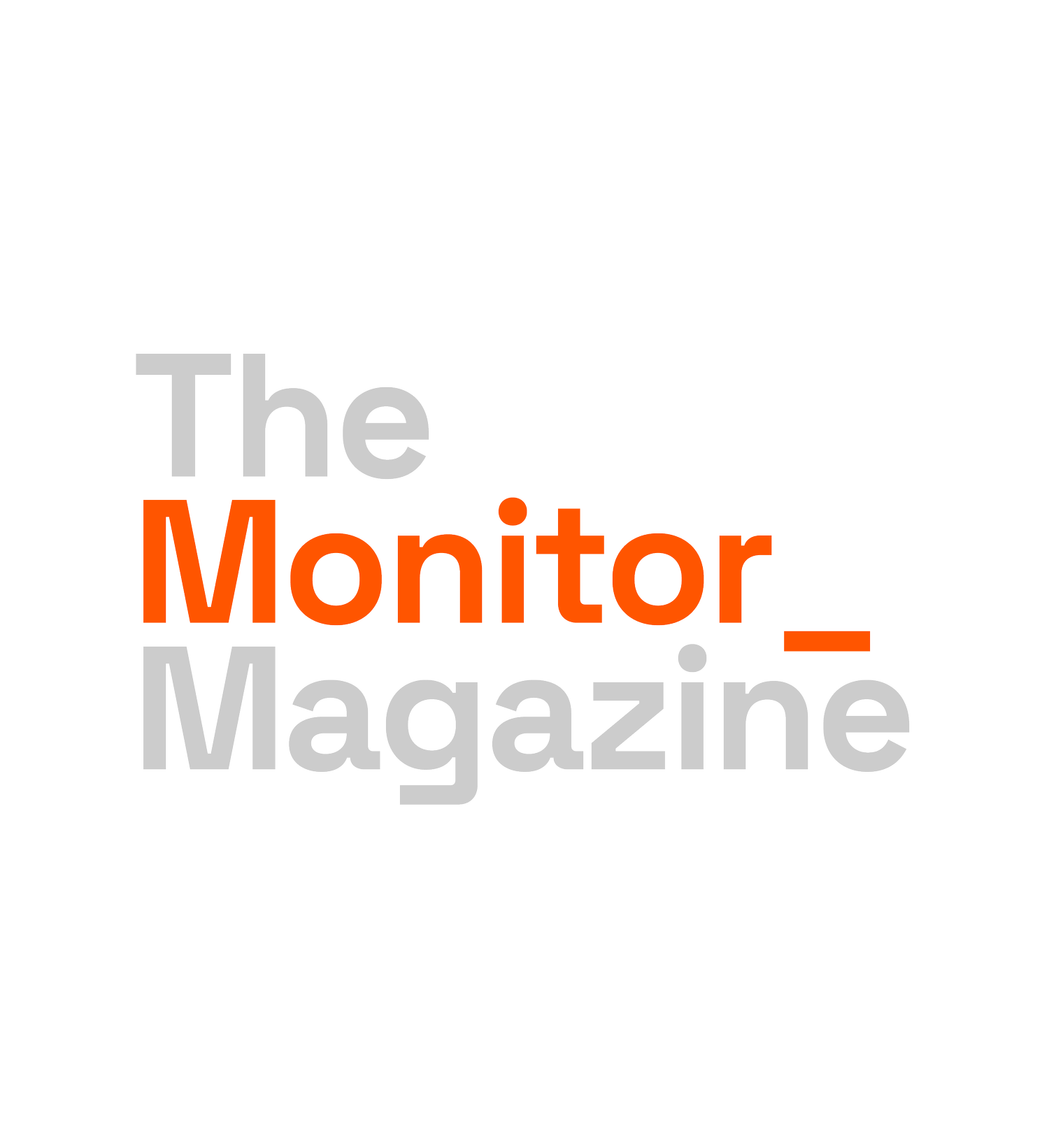TWITTER MISINFORMATION SPELLS ELECTORAL SUCCESS FOR TURKEY’S ERDOĞAN
On Sunday, Recep Tayyip Erdoğan celebrated electoral victory, securing another five years in Turkey’s top office. Winning 52% of the runoff vote, his campaign promised to comprehensively rebuild in the wake of the February earthquakes, to resettle Syrian refugees in mysterious “safe-zones”, and a host of policies targeting members of the LGBTQ community and ethnic Kurds.
Twitter is accused of facilitating the success.
The social media company has been condemned for censoring Erdoğan’s opponents. On the eve of the first election between Erdoğan and leader of the Militant Alliance group, Kemal Kılıçdaroğlu, Twitter agreed to block several accounts at the request of Erdoğan’s incumbent government.
Bloomberg columnist, Matt Yglesias, took to Twitter to accuse Elon Musk, CEO of Twitter at the time, of censorship.
‘Did your brain fall out of your head, Yglesias? The choice is have Twitter throttled in its entirety or limit access to some tweets. Which one do you want?’, Musk replied.
Others disagree that this was the only choice. Wikipedia co-founder, Jimmy Wales, has criticised Twitter’s action, and claimed that Wikipedia ‘stood strong’ when faced with similar demands.
Twitter has faced further accusations of facilitating the spread of deepfakes to Kılıçdaroğlu’s detriment. A manipulated video showing the Kurdistan Workers’ Party—an organisation considered to be a terrorist group by Turkey and the US—endorsing Kılıçdaroğlu was posted, and allowed to circulate, on Twitter. The video eventually made it to one of Erdoğan’s campaign rallies.
Twitter’s failure to label Turkey’s state-run news agency, Anadolu Ajansi, as ‘state-affiliated’, has found the company further under fire. The company is accused of empowering the expansion of Erdoğan’s control over traditional media to new media platforms.
With Twitter withdrawing from the EU’s anti-disinformation code in the last few days (the code’s voluntary signatories include Meta, TikTok, Google, Microsoft and Twitch), Musk’s avowal to protect free-speech can be seen as marking a new dawn for Twitter, and, increasingly, global democracy.

